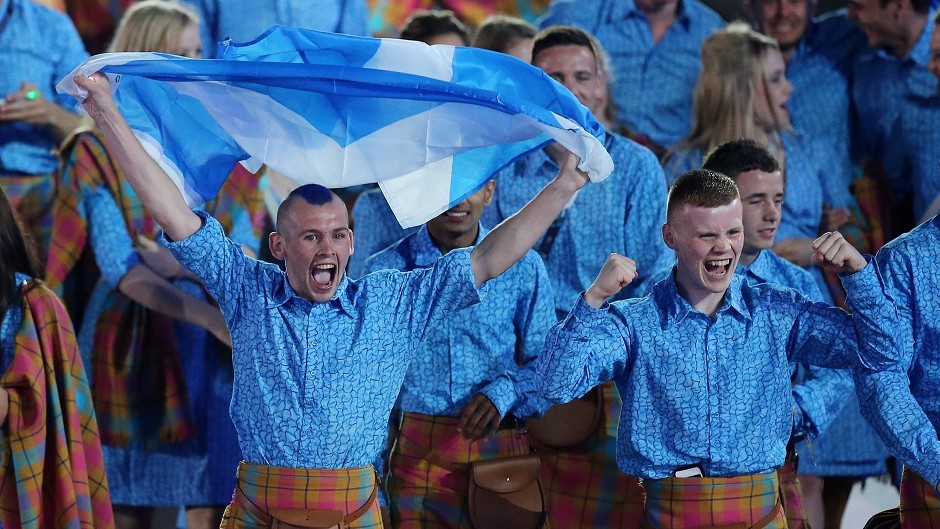Inverness hotels were hit by a slump in occupancy in July as visitors to Scotland went to Glasgow for the Commonwealth Games instead, a report has found.
Both revenues and demand fell in the Highland capital while hotels in Glasgow enjoyed a 73.3% boost in revenues in July at the peak of the international athletic competition, the report by accountants BDO found. The firm added that Glasgow hotels were able to “substantially” increase their prices during the event.
The firm’s monthly hotel survey revealed that revenue in Inverness slipped 4.6% to £56.53 from £59.24. while occupancy dropped 6.3% compared to the same month last year.
Alastair Rae, a partner in the Property, Leisure and Hospitality sector at BDO, said: “There may have been some fallout from the Games with Inverness suffering a drop in both occupancy and revenue with the leisure market perhaps unwilling to travel outside the central belt.”
Dorothy MacLean, general manager of Thistle Inverness, admitted there was a “minor drop” in demand in July but that she had been “entirely prepared for this” due to the Scottish Open being held in Aberdeen this year.
She said: “It is clear that Glasgow enjoyed an incredible month because of the Commonwealth Games, but we remain very happy with performance over the year.
“With major event-led tourism in Inverness such as the Loch Ness Marathon and Festival Running in September and the Royal National Mod in October, we are anticipating some excellent results from the second half of the year,” she added.
Meanwhile, hoteliers in the north-east have been warned that the the dropping price of oil could mean that the prices they charge have peaked.
Aberdeen lost its place as the city in Scotland with the most expensive hotels in July as both Edinburgh and Glasgow enjoyed high demand driven by tourism and the Commonwealth Games.
Although Aberdeen’s business community continued to support the hospitality sector with a 7.8% increase in revenues to £75.27, occupancy declined 2% on the same month last year, BDO found.
Mr Rae said: “Aberdeen’s hotels continue to benefit from the oil industry but it will be interesting to see if this is maintained as the oil price continues its downward trend.
“The North Sea oil market is broadly dependent upon a reasonably high oil price and, as it dips, activity levels may stutter. The news that Apache – the third largest operator in the North Sea – is considering selling off its North Sea interests may be an indication that the market is shifting. Whatever occurs the hospitality sector needs to be alert to the potential implications.
“Whilst revenues remained strong during July the fall in occupancy rates would tend to indicate that prices may have peaked. There will undoubtedly be an increase in August but whether this can be sustained into the Autumn remains to be seen, but let us hope so.
Chris McGuinness, chairman of the Aberdeen City and Shire Hotels’ Association, said that hotel operators were currently developing thousands of rooms in the Granite city which was evidence of their confidence.
He said: “The figures for July once again show the buoyancy of the hotels sector in Aberdeen city and the wider region, and of course the significant role played by the oil and gas industry as a driver for its strong performance.
“Thousands of additional hotel bedrooms will be created in the city over the next two to three years as a result of new hotel developments. These would not be moving forward unless the developers had absolute confidence that their investments would deliver a return and meet anticipated demand.”
Across the four Scottish cities revenue rose 16.4% to £74.20 compared to £53.28 in regional UK; £50.59 in England and £45.80 in Wales.
Yet occupancy in Scotland fell 0.7% to 85.4% but still outperformed the 82.9% in regional UK; 82.4% in England and 85.1% in Wales, BDO said.
